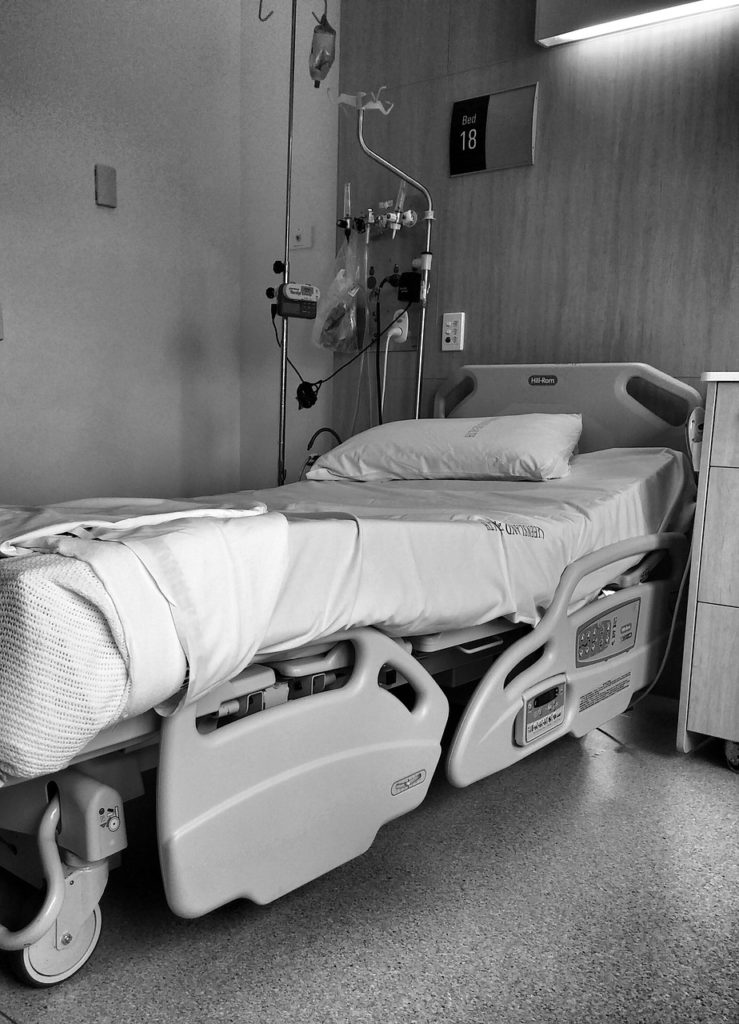A hospital stay is one of the more stressful experiences we can have. Emergency or planned surgeries, in particular, can really take us out of our comfort zone in more ways than one.
Doctors and nurses do an excellent job taking care of us, but at a time when a person needs a lot of rest, patients are often woken up through the night for monitoring, taken into unfamiliar rooms for different procedures and given new, and oftentimes powerful, medications.
Older adults are at risk for sudden and distressing cognitive and behavior changes after surgery called delirium, a syndrome made up of four primary symptoms: acute confusion that is not normal for that person, agitation, sleep/wake disturbance and visual hallucinations/delusions (seeing things or people that are really not there and/or false beliefs).
The overall prevalence of delirium is 1–2 percent in older adults over the age of 65 living in their homes. These numbers rise dramatically during a hospital stay: 14–24 percent during a general admission, 15–53 percent after surgery and 70–87 percent in intensive care units, according to the New England Journal of Medicine.
There are specific risk factors that increase one’s likelihood of delirium including those with pre-existing, even mild, memory issues, those undergoing lengthy surgical procedures requiring prolonged anesthesia or major orthopedic procedures and those who contract an infection during the course of hospitalization, including MRSA or a urinary tract infection.
How long delirium lasts varies greatly across individuals and can range from a day, a few weeks or much longer. Unfortunately, for some older adults, delirium can cause a permanent cognitive decline. The worst outcomes tend to happen in older adults with significant memory issues, like dementia, prior to surgery.
Because there are no FDA-approved medications for delirium, treatment recommendations focus on prevention and symptom management. The most effective approaches are behavioral and are best implemented by those spending the most time with the patient.
Family members should make sure the individual has his or her eyeglasses and hearing aids, if prescribed, and speak in clear and brief statements with good eye contact.
Limiting room changes, to the extent possible, and creating a quiet and soothing environment that encourages uninterrupted sleep at night is very beneficial. A noise machine and low-level lighting at night can do wonders for getting sleep back on track and calming agitation.
Limit the unnecessary use of narcotic pain medications after surgery. Untreated pain can also make delirium worse so work closely with hospital staff to keep the person’s pain levels managed with the lowest dosing possible.
Family members often struggle to understand what has happened when delirium occurs. A neuropsychological evaluation can help to describe exactly what cognitive and behavioral symptoms are persisting for that individual, how to best help the delirium resolve to the extent possible and, when needed, how to adjust to returning to their everyday life including driving a car or managing money.
If you are considering a major surgery, talk with your doctors about your personal risks for delirium. You may also consider getting a baseline cognitive evaluation to formally assess and minimize your specific risk factors.





Hello. Thank you for an enlightening article! At 51, I’m trying to get prepared for surgery at Duke (Dr. Gottfried) on c2-c7. This topic concerns me. Is there anything I can do to ward off dementia after surgery? Do you recommend any particular vitamins or foods as I procrastinate?
Thanks!
If you want to tune into our first I CARE FOR YOUR BRAIN Facebook Live Q&A on Wednesday, Sept. 13 at 6 p.m. ET, I will address your question for the whole group. Thanks for joining our online community! Our Facebook page link is: https://www.facebook.com/ICareForYourBrain